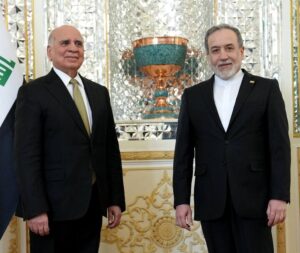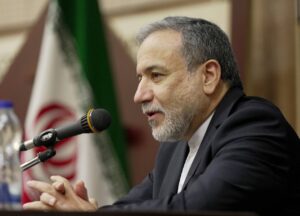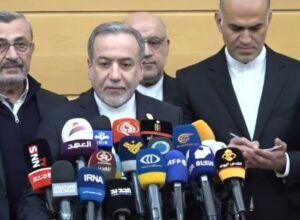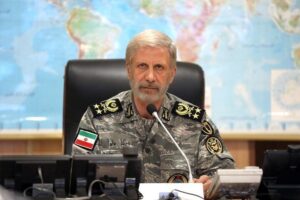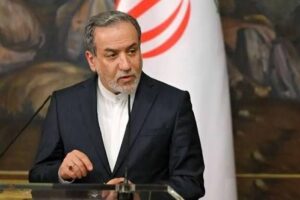In a statement on Friday, the U.N. experts unequivocally denounced the recent United States military attack against three nuclear facilities in Iran.
“These attacks violate the most fundamental rules of world order since 1945 – the prohibition on the aggressive use of military force and the duties to respect sovereignty and not to coercively intervene in another country,” the experts said.
“The responsible U.S. political and military leaders may also be liable for the international crime of aggression.”
The attacks also seriously threatened human rights, including the rights to life, security of the person, health, a clean environment, and self-determination of the people of Iran, added the statement.
The U.S. launched 75 munitions by air and sea against the facilities at Fordo, Natanz, and Isfahan, causing extensive damage, the special rapporteurs said.
Iran retaliated against a U.S. base in Qatar, causing no injuries or damage. A fragile ceasefire now appears to be in place, they added.
“Article 2(4) of the Charter of the United Nations prohibits the threat or use of force against any state, except in self-defense or if the U.N.
Security Council approves. Self-defense is only available in response to an actual or imminent armed attack by another country.”
The experts noted that Iran has not attacked the U.S. or Israel with a nuclear weapon. There is no evidence whatsoever that Iran intends to imminently attack the U.S. or Israel with a nuclear weapon.
“‘Preventive’ or ‘anticipatory’ self-defense against speculative future threats, such as nuclear proliferation or terrorism, has not been permitted by international law since the United Nations Charter was adopted 80 years ago”, they added.
Accepting preventive self-defense would unleash a catastrophic era of might is right, where powerful countries could bomb others to advance their security or foreign policy interests. This would fuel corrosive suspicion, arms races and destabilizing balance of power alliances – precisely what the post-1945 order, out of the ashes of a world war, aimed to avoid, they said, noting that it would further destabilize the Middle East region and increase the risk to human rights everywhere.
The experts affirmed the view of the International Atomic Energy Agency (I..AE.A.) that nuclear facilities must never be attacked as doing so could cause the release of radioactive material with devastating impacts on the environment and human rights, including the rights to life, personal security, health, protection against arbitrary displacement and the rights of the most vulnerable and marginalized communities. International humanitarian law generally prohibits attacks on nuclear facilities.
“We urge all parties to refrain from further uses of force and to commit to the peaceful settlement of international disputes in accordance with the United Nations Charter, including through the framework of the Nuclear Non-Proliferation Treaty and the I.A.E.A. and with respect for the human rights of all people,” they said.
The timing of the strikes undermined peaceful diplomatic efforts to revive the Joint Comprehensive Plan of Action, the deal signed in 2015 by Iran and the five members of the U.N.S.C. plus Germany, as well as peace and security in the region and beyond, the experts noted.
“In a world experiencing deep economic crisis, and as members of an international community that is committed to peace, we believe that financial resources mobilized for military aggression should be utilized to foster peace-making and development,” they said.
“These attacks by the U.S., a permanent member of the Security Council responsible for maintaining international peace and security, normalizes violent aggression and ‘gunboat diplomacy’ as a tool of statecraft and severely undermines the international rule of law,” the experts warned.
“At a time of crisis for multilateralism, all countries should oppose such lawlessness and pressure the U.S. and Israel to respect the universal rules of humanity.”
On June 13, the Israeli regime launched an unprovoked attack on Iran, striking nuclear, military, and civilian sites, killing over 600 people, including top military commanders, scientists, and civilians.
Iran rapidly retaliated, and the Islamic Revolution Guards Corps (I.R.G.C.) Aerospace Force launched 22 waves of retaliatory missile strikes in Operation True Promise III, resulting in significant damage across occupied territories.

